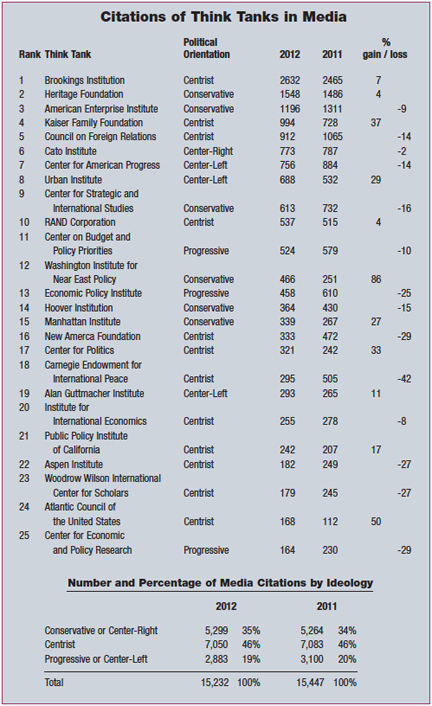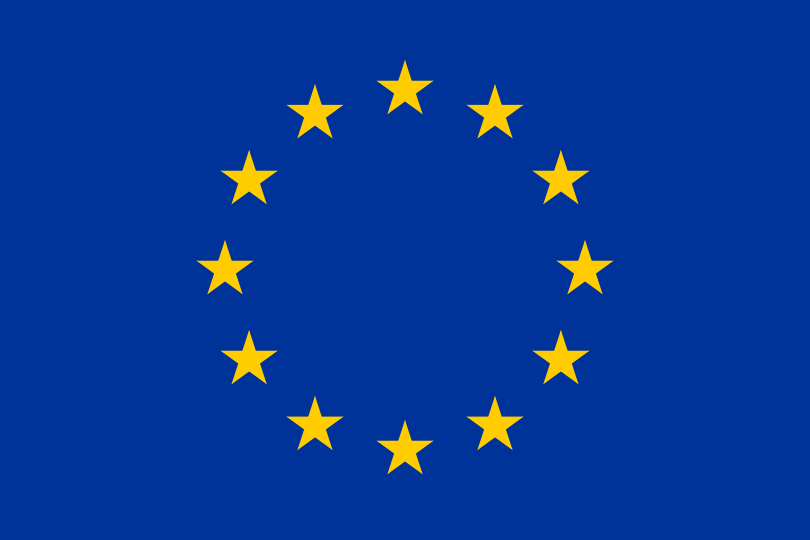A senior Chinese academic has called for the government to spark an "energy revolution" by forming specialist policy think tanks and building showcase projects as well as pouring in investment and encouraging innovation.
China lags behind developed countries in the energy sector, relying on imported core technology, warned Xie Kechang, vice president of the Chinese Association of Science and Technology and a member of Chinese Academy of Engineering.
The country should formulate a blueprint for developing energy technology focusing on greater efficiency, use of fossil fuels, smart power grids, renewable resources and advanced nuclear power, said Xie.
According to the latest ranking, the top energy and resource policy think tanks in the world are:
- Oxford Institute for Energy Studies (OIES)
- World Resources Institute (WRI)
- Institute of Energy Economics, Japan (IEEJ)
- James A. Baker III Institute for Public Policy
- RAND Corporation
- World Resources Institute
- Stockholm Environment Institute (SEI)
- Worldwatch Institute
- Brookings Institution
- Center for Climate and Energy Solutions (C2ES)
The International Center for Climate Governance also has a worldwide "observatory" of climate change tanks. As of this month, it has mapped 310 think tanks.
Here is a Bloomberg piece from today which quotes Robert Brulle, a sociology professor at Drexel University, saying that "corporate funders create and and support corporate think tanks which then pass off climate misinformation as valid."
Here is a Think Tank Initiative piece on think tanks at COP21. And here is a list of what European think tanks are saying about COP21.
Oren Cass, Senior Fellow at the Manhattan Institute, opines about why the Paris climate deal is meaningless.

